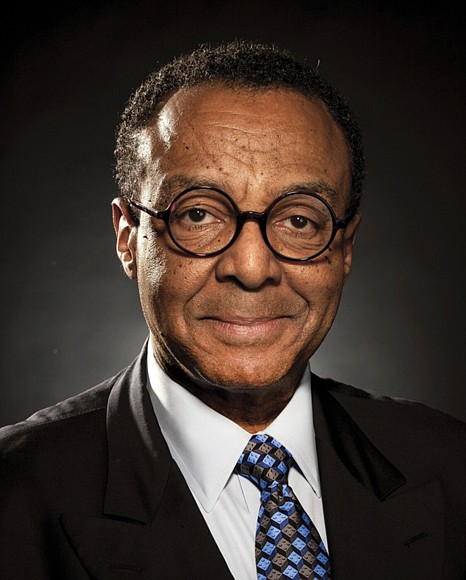Razzle-dazzle vs. racial violence, by Clarence Page
9/7/2023, 6 p.m.
Sixty years after Dr. Martin Luther King Jr.’s historic March on Washington, much of his dream is still just a dream.
I’d like to offer a more cheerful message, but that’s hard today, even for a resilient self-described optimist like me, after this year’s anniversary march on the Washington Mall was followed the next day by a racially motivated rampage in Jacksonville, Fla.
Authorities say 21-year-old Ryan Christopher Palmeter fatally shot three people in a Dollar General store with an AR-15-style rifle and a handgun before turning the gun on himself.
He was white, and the three victims, later identified as Angela Michelle Carr, 52, Anolt Joseph “AJ” Laguerre Jr, 19, and Jerrald De’Shaun Gallion, 29, were Black.
Speaking at a news conference Sunday, Sheriff T.K. Waters described the suspect as a white man who “hated Black people,” and then he released a suicide note, a will and a written rant of racism that the sheriff described as “quite frankly, the diary of a madman.”
One cannot help but note that the Saturday rampage was the latest high-profile racially motivated attack carried out by a white gunman in the United States.
It follows the mass shooting last year that targeted Black people and left 10 dead at a supermarket in Buffalo, N.Y. And an attack in 2019 at a Walmart in El Paso, Texas, by a deranged gunman who told police he wanted to kill Mexicans.
“This is a dark day in Jacksonville’s history. There is no place for hate in this community,” Sheriff Waters said. “I am sickened by this cowardly shooter’s personal ideology.”
And earlier in August, after a two-month trial, a federal jury in Pittsburgh unanimously recommended the death penalty for a white Pennsylvania man who killed 11 congregants in October 2018 at the Tree of Life Synagogue in Pittsburgh. He also critically wounded two others and injured five police officers.
Yet, I think Dr. King would be saddened by the cynical messages of political rancor that we have been hearing recently in the race for the Republican presidential nomination.
Yes, I’m talking about you, Vivek Ramaswamy, but not only you.
The multimillionaire entrepreneur, who wowed much of the crowd with his rhetorical razzle-dazzle at the first GOP presidential debate, this week defended his own, comparing racially tinged remarks by U.S. Rep. Ayanna Pressley, a Massachusetts Democrat, to the rhetoric of “the old wizards of the grand KKK.”
“I think it is the same spirit to say that I can look at you and based on just your skin color that I know something about the content of your character — that I know something about the content of the viewpoints you’re allowed to express,” he told CNN anchor Dana Bash in an Aug. 27 interview.
Mr. Ramaswamy was responding to a question about his own experience as a dark-skinned Asian American. The conservative Republican cited as an example the progressive Rep. Pressley’s reported remark in 2019 that “we don’t want any more brown faces that don’t want to be a brown voice.”
In clarifying her remarks, Rep. Pressley said she was talking about “the collective impact of lifting up one’s lived experience,” not just skin color. Mr. Ramaswamy painted the divide as unfair judgment of him for his skin color, which Dr. King quite wisely advised us all to avoid.
That’s fair and proper. But when Mr. Ramaswamy went on to blame the news media and politicians for a racialized culture, as if racism doesn’t exist, it sounded like a slap in the face to voters of color who still have legitimate complaints.
“I’m sure the boogeyman white supremacist exists somewhere in America,” he said. “I’ve just never met him.”
I’m sure there are three Black folks in Jacksonville who wish they could say the same, if they weren’t dead.
Sure, it’s hard to see what you already have decided does not exist. Unfortunately, in today’s angry political world, it is more tempting to exploit racial differences than to build bridges.
The writer is a member of the Chicago Tribune’s editorial board and a columnist for the newspaper.







